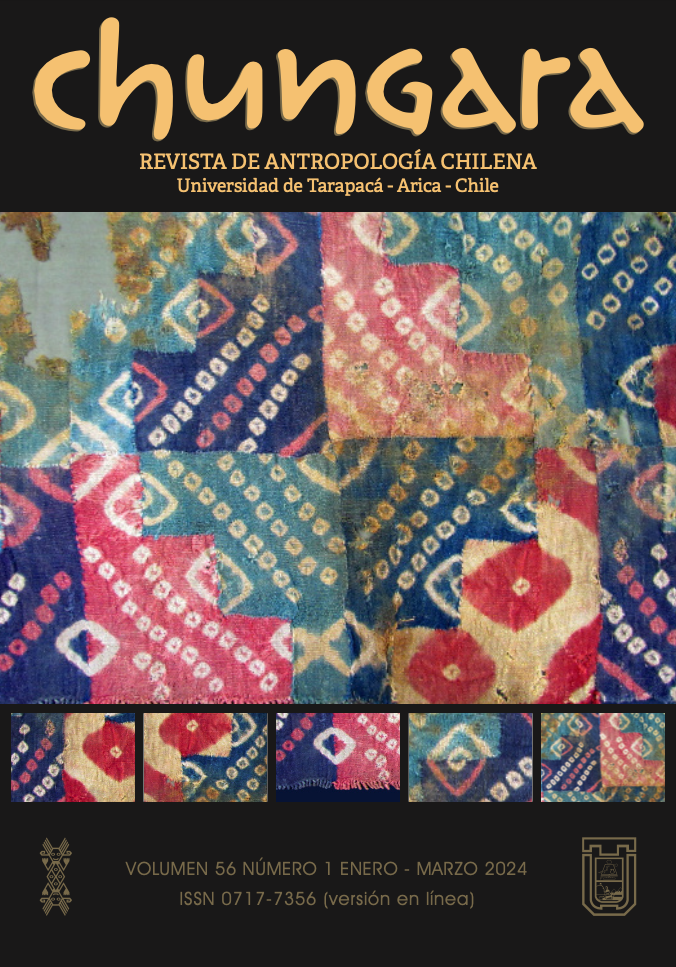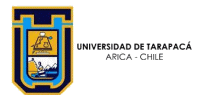LOS CAMELLONES INDÍGENAS DE PAICAVÍ, ARAUCANÍA, CHILE, Y SUS IMPLICANCIAS SOCIO-ECONÓMICAS DURANTE EL PERIODO COLONIAL TEMPRANO: UN ENFOQUE PRELIMINAR
INDIGENOUS RAISED AGRICULTURAL FIELDS IN PAICAVÍ, LA ARAUCANÍA, CHILE, AND THEIR SOCIO-ECONOMIC IMPLICATIONS DURING THE EARLY COLONIAL PERIOD: A PRELIMINARY VIEW
Tom D. Dillehay, José Manuel Zavala, José Saavedra and Arturo Rojas
Raised agricultural fields in the delta of the Paicaví River in the Araucanía region of south-central Chile are described and considered preliminarily in terms of their social and economic implications for the Early Colonial Period. Archival material of the 16th-17th centuries suggests that this area, which was part of the Tucapel province of the Araucanian Estado, possibly supported the warriors from Purén- who more fiercely resisted the Spanish--by providing large quantities of food. The archaeological record of the raised fields in the area hypothetically supports this role, at least during times of warfare between the Spanish and Mapuche.
Tags: Colonial, Araucanía, Purén, Tucapel, Raised agricultural fields







